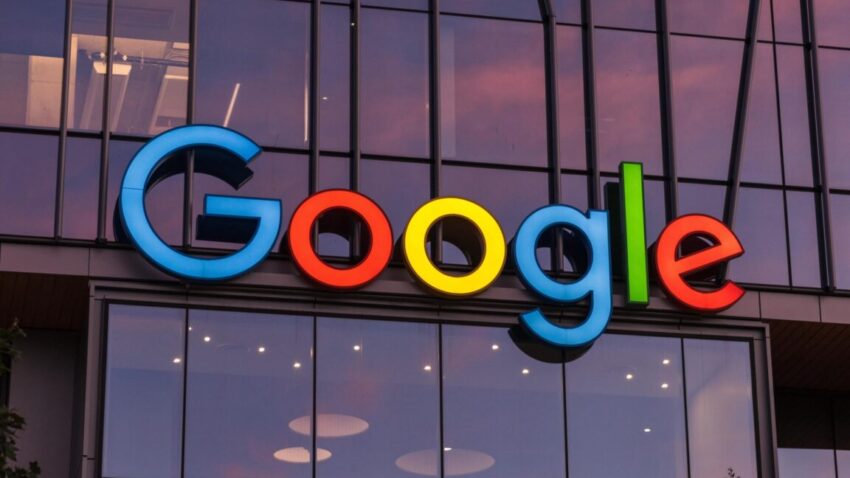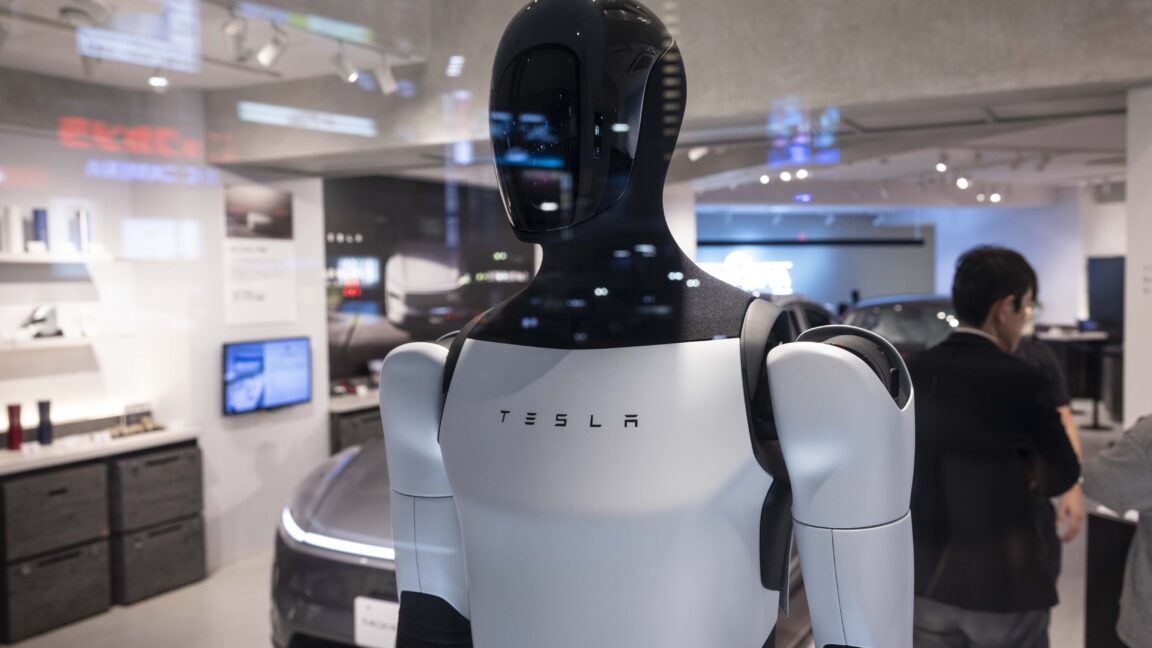
google settlement with epic caps play store Google has reached a settlement with Epic Games that could significantly reshape the landscape of mobile app distribution on Android.
google settlement with epic caps play store
Background of the Dispute
For several years, Google has been embroiled in a contentious legal battle with Epic Games, the developer behind the popular game Fortnite. Epic accused Google of engaging in anti-competitive practices that stifled competition in the mobile app market. The core of the dispute revolved around Google’s control over the Play Store, which serves as the primary distribution platform for Android applications.
Epic’s allegations were not unfounded; many developers have long criticized Google for imposing high fees on app sales and in-app purchases. These fees, typically around 30%, have been a point of contention, leading to calls for greater transparency and fairness in how app stores operate. The legal proceedings highlighted the broader issues of market dominance and the challenges faced by smaller developers in a landscape increasingly controlled by a few major players.
Legal Proceedings and Court Rulings
As the case progressed through the courts, Google faced a series of setbacks. The courts ruled that Google must make significant changes to its Play Store policies to foster a more competitive environment. In late October 2025, Google was compelled to implement the first round of mandated changes, allowing developers to direct users to alternative payment options and enabling app downloads from outside Google’s ecosystem.
This ruling marked a pivotal moment in the ongoing saga, as it signaled a shift in how Google would operate its app distribution platform. However, despite these changes, Google appeared determined to take the case to the Supreme Court, seeking to overturn the lower court’s rulings. The prospect of a lengthy legal battle loomed, with potential implications for the entire mobile app industry.
The Settlement Agreement
In a surprising turn of events, Google and Epic Games have now reached a settlement that could alter the future of app distribution on Android. While the agreement still requires judicial approval, it lays out a framework for long-term changes that are expected to have global implications.
Key Provisions of the Settlement
The settlement introduces several key provisions aimed at enhancing competition and supporting third-party app stores:
- Lower Fees for Developers: One of the most significant changes is the reduction of Google’s standard fee for developers. This move is expected to alleviate some of the financial burdens that smaller developers face when distributing their apps through the Play Store.
- Support for Third-Party App Stores: Google will provide new support for third-party app stores, facilitating a smoother transition for users who wish to download apps outside of the Google ecosystem. This support aims to reduce the friction associated with leaving the Google bubble, making it easier for users to access alternative app stores.
- Long-Term Commitment: Under the terms of the settlement, Google has committed to supporting these changes through at least June 2032. This long-term commitment indicates a shift in Google’s approach to app distribution and a recognition of the need for a more competitive environment.
Implications for the Mobile App Ecosystem
The settlement between Google and Epic Games is poised to have far-reaching implications for the mobile app ecosystem. By lowering fees and supporting third-party app stores, Google is taking steps to address the concerns raised by developers and regulators alike.
Impact on Developers
For developers, particularly smaller ones, the reduction in fees could be a game-changer. Many developers have long argued that the 30% cut taken by Google is excessive, limiting their ability to invest in their products and grow their businesses. With lower fees, developers may have more resources to innovate and improve their apps, ultimately benefiting consumers.
Moreover, the support for third-party app stores could lead to a more diverse app marketplace. Developers may find it easier to distribute their apps through alternative platforms, potentially reaching new audiences and increasing their revenue streams. This could foster a more competitive environment, encouraging innovation and improving the overall quality of apps available to users.
Consumer Benefits
Consumers stand to benefit from the changes as well. With increased competition among app stores, users may have access to a wider variety of apps and services. Additionally, the ability to choose alternative payment options could lead to lower prices for consumers, as developers may pass on the savings from reduced fees.
Furthermore, the settlement could enhance user choice and control over their devices. By enabling users to download apps from third-party stores, Google is empowering consumers to make their own decisions about app installation and usage, rather than being confined to a single ecosystem.
Stakeholder Reactions
The settlement has elicited a range of reactions from various stakeholders in the tech industry. Many developers and industry advocates have welcomed the agreement as a positive step toward greater fairness and competition in the app marketplace.
However, some critics remain skeptical. They argue that while the settlement may introduce some changes, it does not go far enough in addressing the broader issues of market dominance and anti-competitive behavior. Concerns persist that Google may still exert significant control over the app distribution process, limiting the effectiveness of the changes.
Regulatory Considerations
The settlement also comes at a time when regulatory scrutiny of big tech companies is intensifying. Governments around the world are increasingly focused on antitrust issues and the need for fair competition in digital markets. The outcome of this case could influence future regulatory actions and shape the landscape for app distribution not only in the United States but globally.
Conclusion
The settlement between Google and Epic Games marks a significant turning point in the ongoing battle over mobile app distribution. By lowering fees and supporting third-party app stores, Google is taking steps to foster a more competitive environment that could benefit developers and consumers alike. While the agreement still requires judicial approval, its potential implications for the mobile app ecosystem are profound.
As the tech industry continues to evolve, the outcome of this settlement may serve as a precedent for future legal battles and regulatory actions. The landscape of mobile app distribution is changing, and stakeholders will be closely monitoring the developments that follow.
Source: Original report
Was this helpful?
Last Modified: November 5, 2025 at 9:37 pm
5 views















